-
chevron_right
DAZN Pirate IPTV Action Coincided With Massive Public DNS Blockade
news.movim.eu / TorrentFreak • 7 April • 4 minutes
 Like many similar reports published most weeks by newspapers in Europe, an article published by Belgian media outlet L’Echo late Saturday evening pulled few punches.
Like many similar reports published most weeks by newspapers in Europe, an article published by Belgian media outlet L’Echo late Saturday evening pulled few punches.
The publication explained that after football broadcasters DAZN and 12th Player obtained authority from a local court for a new type of enforcement action, on Saturday Belgian ISPs blocked around 100 illegal streaming sites and five pirate IPTV providers. The measures were reportedly timed to take effect shortly before the start of the second day of the Belgian football championship play-offs, presumably to maximize the irritant effect of sudden pirate ssite blackouts.
“DAZN: First of Its Kind”
According to L’Echo, DAZN described the action as the “the first of its kind” and a “real step forward” in the fight against content piracy in Belgium. Comments like these are fairly standard in the anti-piracy arena, likewise claims that rightsholders have acquired a secret weapon capable of tipping the balance of power.
L’Echo’s report was much more balanced but if the various components came together as planned, major disruption of live match streams at a crucial point in the season seemed to have a real chance of success.
The groundwork was completed last month. An order issued by the Brussels Enterprise Court late March, authorized DAZN and 12th Player to engage in dynamic blocking boosted by a significant additional component.
 While this would be its first use in Belgium, dynamic blocking is already used extensively elsewhere. The mechanism allows for speedy responses to blocking countermeasures, including domain changes and the appearance of proxies and mirrors, and there’s no requirement for a follow-up legal procedure.
While this would be its first use in Belgium, dynamic blocking is already used extensively elsewhere. The mechanism allows for speedy responses to blocking countermeasures, including domain changes and the appearance of proxies and mirrors, and there’s no requirement for a follow-up legal procedure.
Pirate sites are by now mostly familiar with dynamic blocking but in this case, the rightsholders also had an eye on spoiling a circumvention tactic popular with millions of users. Faced with blocking on Saturday, users in Belgium who switched from ISP-provided DNS to Cloudflare’s DNS wouldn’t have restored connectivity quite so easily. Moving to DNS provided by Google or Cisco may not have helped much either.
Cloudflare, Google, and Cisco Ordered to Block DNS Resolvers
Over the past several years, Cloudflare has faced several lawsuits that demanded pirate site blocking measures on its public DNS resolver. Rightsholders take the position that when ISPs implement DNS blocking, users shouldn’t be able to switch to a public DNS service like Cloudflare’s to regain access.
Those cases mostly focused on Cloudflare in Italy but a site-blocking case filed by Canal+ in 2023, concluded in 2024 with Cloudflare, Google, and Cisco ordered to prevent use of their DNS resolvers to access dozens of pirate sites.
In terms of platforms blocked in a single swoop, the order obtained by DAZN and 12th Player in Belgium may be even broader in scope.
New Law, New Blocking Momentum
New law passed in Belgium in 2022 aimed to strengthen rightsholders’ piracy-fighting capabilities. A new expedited judicial procedure at the Brussels Enterprise Court promised tougher measures such as dynamic blocking, and the creation of a new department within the Federal Public Service FPS Economy (SPF Économie).
Documents seen by TorrentFreak late last week include a notice penned by the Belgian Online Anti-Piracy & Illegal Gambling Office . The notice references a “regulatory order” to block public DNS resolvers, stemming from a court order concerning claims of copyright infringement against pirate streaming sites.
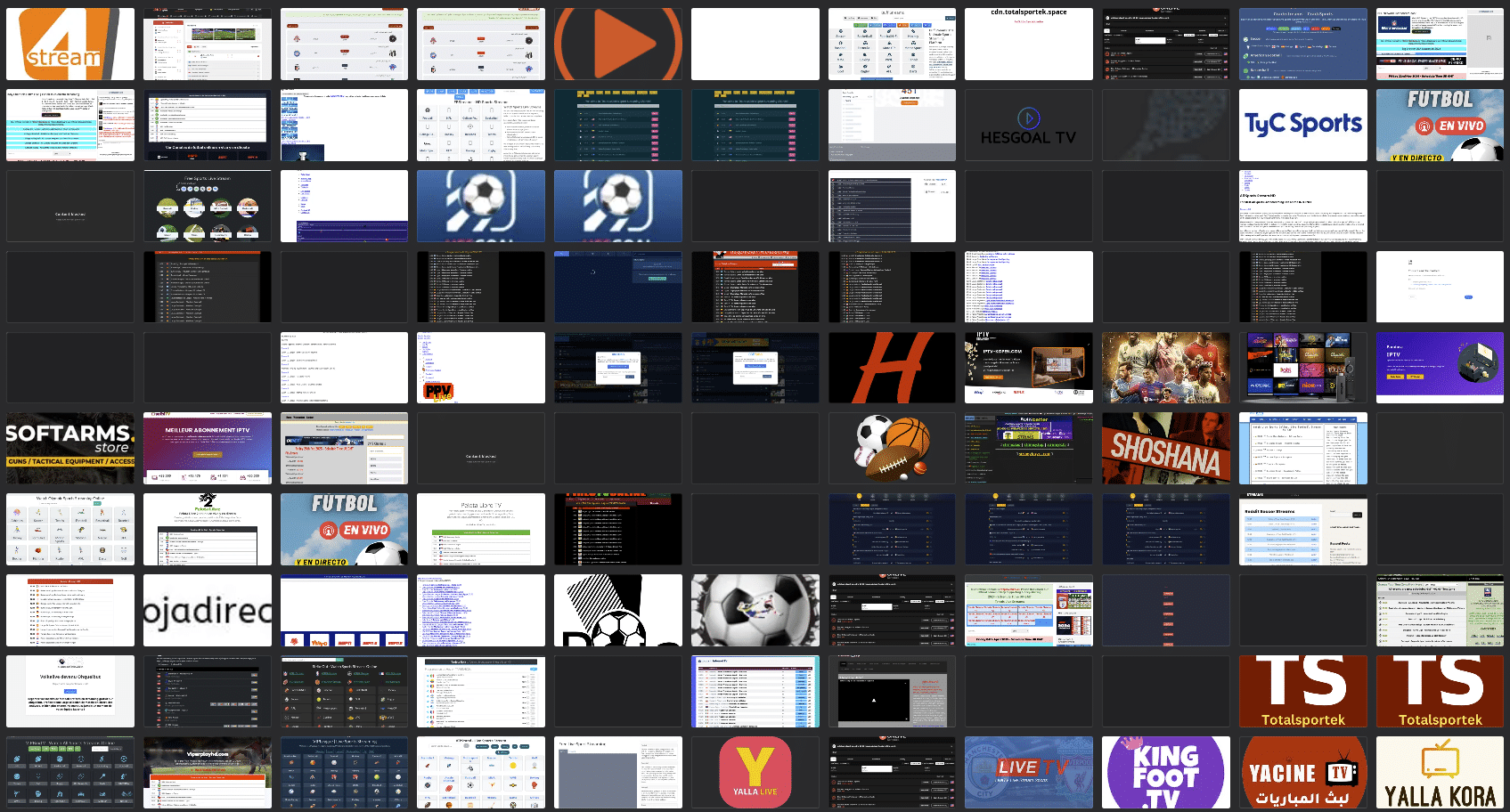
The notice does not mention DAZN or 12th Player by name but the nature of the domains (almost 140, all linked to illegal sports streaming sites) and the date of the notification (April 3, 2025) suggest a strong link to Saturday’s events. DAZN’s standing as a dominant rightsholder means the notice is unlikely to relate to anyone else.
Pro Site-Blocking ISPs
Site blocking has existed in Belgium for close to 15 years with The Pirate Bay an early target back in 2011. Until recently, however, site blocking measures have been quite patchy and lacked volume in general.
By the summer of 2024, DAZN and 12th Player were helping to push that trend in a different direction after obtaining an order to block around 90 pirate streaming sites offering content to which the companies own the rights.
Local ISPs Telenet NV, Proximus NV, Voo NV, and Orange Belgium NV were technically the defendants in that matter but the site blocking process in Belgium is completely non-adversarial. In February 2024, the CEOs of both Proximus and Orange openly spoke out in favor of site-blocking measures, with the former indicating they couldn’t come soon enough .
Resistance is Futile – and Expensive
Whether the Brussels Enterprise Court took the ISPs’ cooperation into account isn’t clear, but as far as we’re able to determine, the dynamic blocking order seems to have taken their compliance for granted. The same cannot be said of the operators of the public DNS resolvers, Cloudflare, Google, and Cisco.
The Court reportedly set penalties at €100,000 per day for non-compliance, a sharp turnaround from the status quo barely a year ago when public DNS resolvers mostly considered themselves too distant from infringement to be held liable. Given that the vast majority of the sites in the blocking order act as portals or indexes for content not even they host, links to direct infringement are distant indeed.
That raises the most important question of all: can blocking be considered successful if it doesn’t remove or even target the infringing streams that fuel the entire ecosystem?
From: TF , for the latest news on copyright battles, piracy and more.

 Most prevalent in the movie and TV show sectors, applications for DMCA subpoenas are regularly filed at courts in the United States.
Most prevalent in the movie and TV show sectors, applications for DMCA subpoenas are regularly filed at courts in the United States.
 In this example it appears that when the Premier League visited the website sporttuna.pro, they were redirected to sporttuna.website and then to sporttuna.xyz (boxed in red).
In this example it appears that when the Premier League visited the website sporttuna.pro, they were redirected to sporttuna.website and then to sporttuna.xyz (boxed in red).
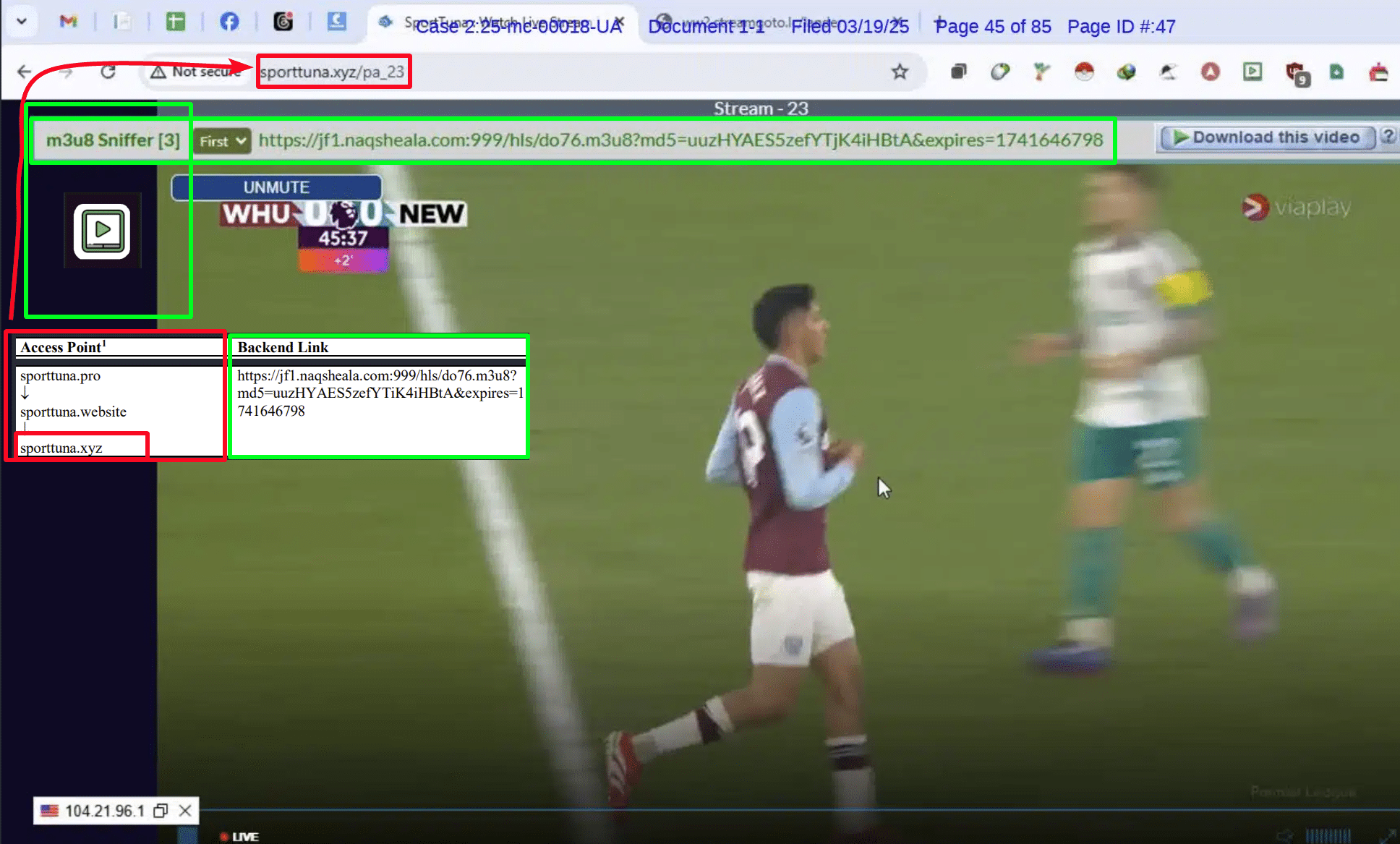
 Identifying the remaining tools was a little time-consuming but if we said the method was advanced or complicated, that would be a lie.
Identifying the remaining tools was a little time-consuming but if we said the method was advanced or complicated, that would be a lie.
 Given that M3U8 Sniffer “does NOT provide functionality to download the actual video streams” another piece of software comes in handy. IDM is a popular choice in the niche and appears to be the downloader of choice in this particular toolkit.
Given that M3U8 Sniffer “does NOT provide functionality to download the actual video streams” another piece of software comes in handy. IDM is a popular choice in the niche and appears to be the downloader of choice in this particular toolkit.
 Our best guess at identifying this next tool comes with a small caveat that its icon was almost impossibly blurred and even when fresh it’s still pretty basic. Ultimately, a green diamond and a single white ‘F’ works here.
Our best guess at identifying this next tool comes with a small caveat that its icon was almost impossibly blurred and even when fresh it’s still pretty basic. Ultimately, a green diamond and a single white ‘F’ works here.

 Scraping data from websites in a structured and usable format isn’t always easy and for big jobs, things can quickly descend into a time-wasting nightmare.
Scraping data from websites in a structured and usable format isn’t always easy and for big jobs, things can quickly descend into a time-wasting nightmare.
 Given that there are Android emulators that are less elaborate, more predictable, and therefore better suited to the assumed job in hand, the discovery of two fairly elaborate emulators in the toolkit initially seems a little puzzling.
Given that there are Android emulators that are less elaborate, more predictable, and therefore better suited to the assumed job in hand, the discovery of two fairly elaborate emulators in the toolkit initially seems a little puzzling.
 The frontline of online piracy liability keeps moving, and core internet infrastructure providers are increasingly finding themselves in the crosshairs.
The frontline of online piracy liability keeps moving, and core internet infrastructure providers are increasingly finding themselves in the crosshairs.



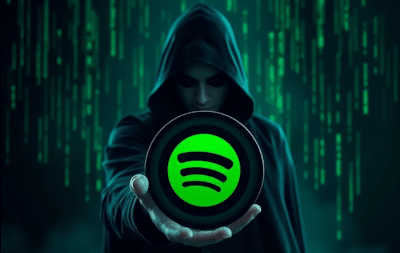 Reports last week that Spotify had suddenly gone down worldwide were a little overblown.
Reports last week that Spotify had suddenly gone down worldwide were a little overblown.
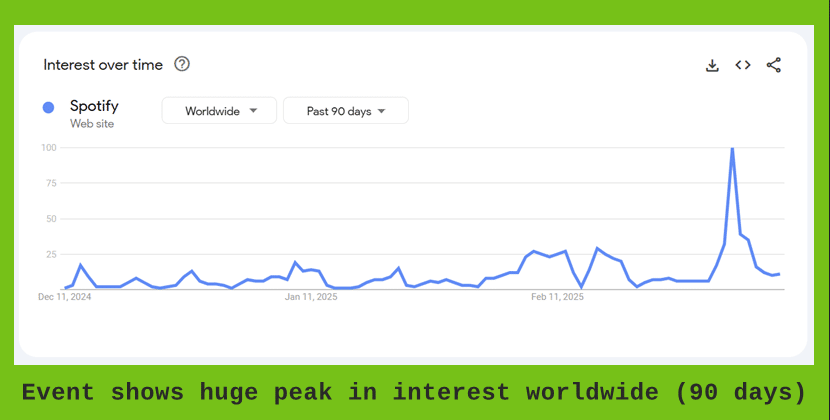

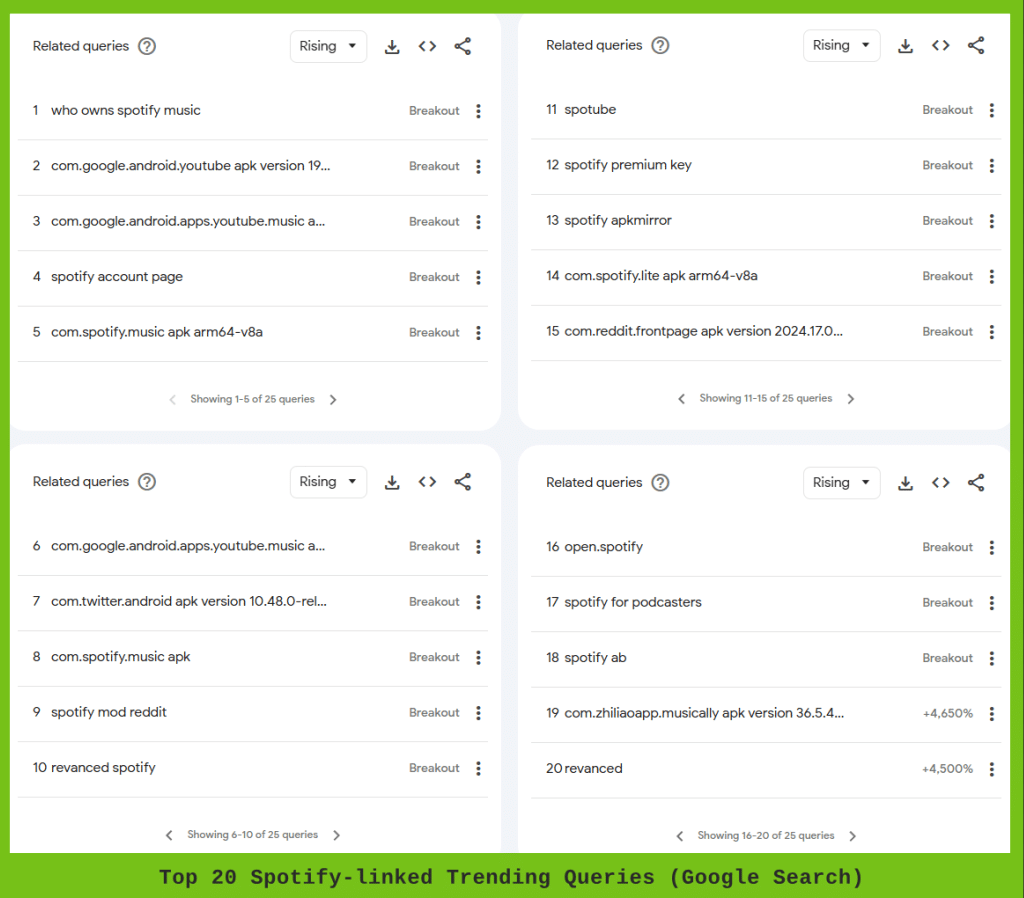
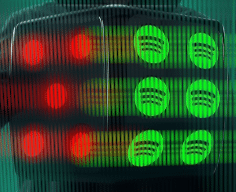 A
A
 At the start of the year, TorrentGalaxy was one of the most-visited torrent sites, welcoming millions of users a day.
At the start of the year, TorrentGalaxy was one of the most-visited torrent sites, welcoming millions of users a day.
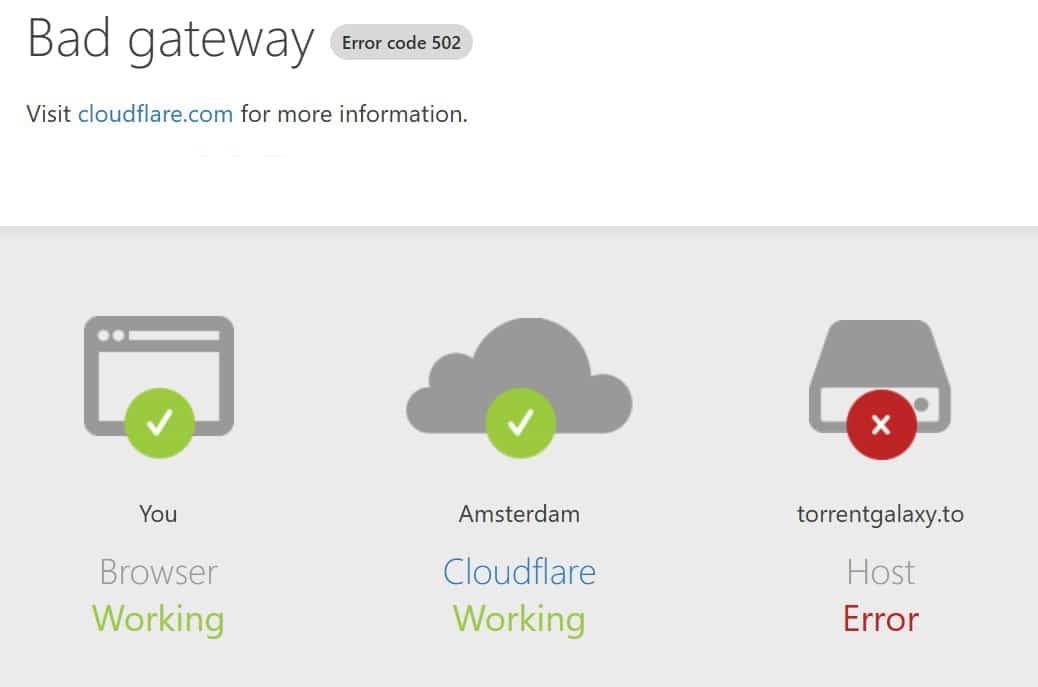
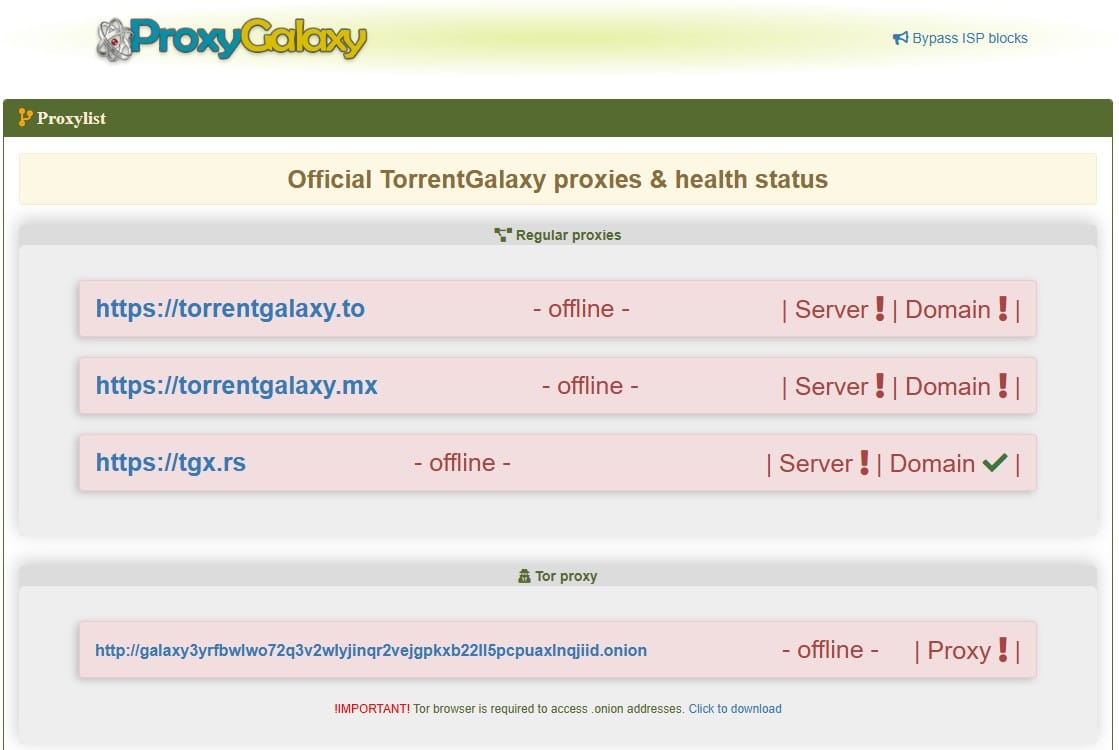
 When peer-to-peer file-sharing was in its heyday, communities were the glue that held everything together, but not in the global sense evident today.
When peer-to-peer file-sharing was in its heyday, communities were the glue that held everything together, but not in the global sense evident today.
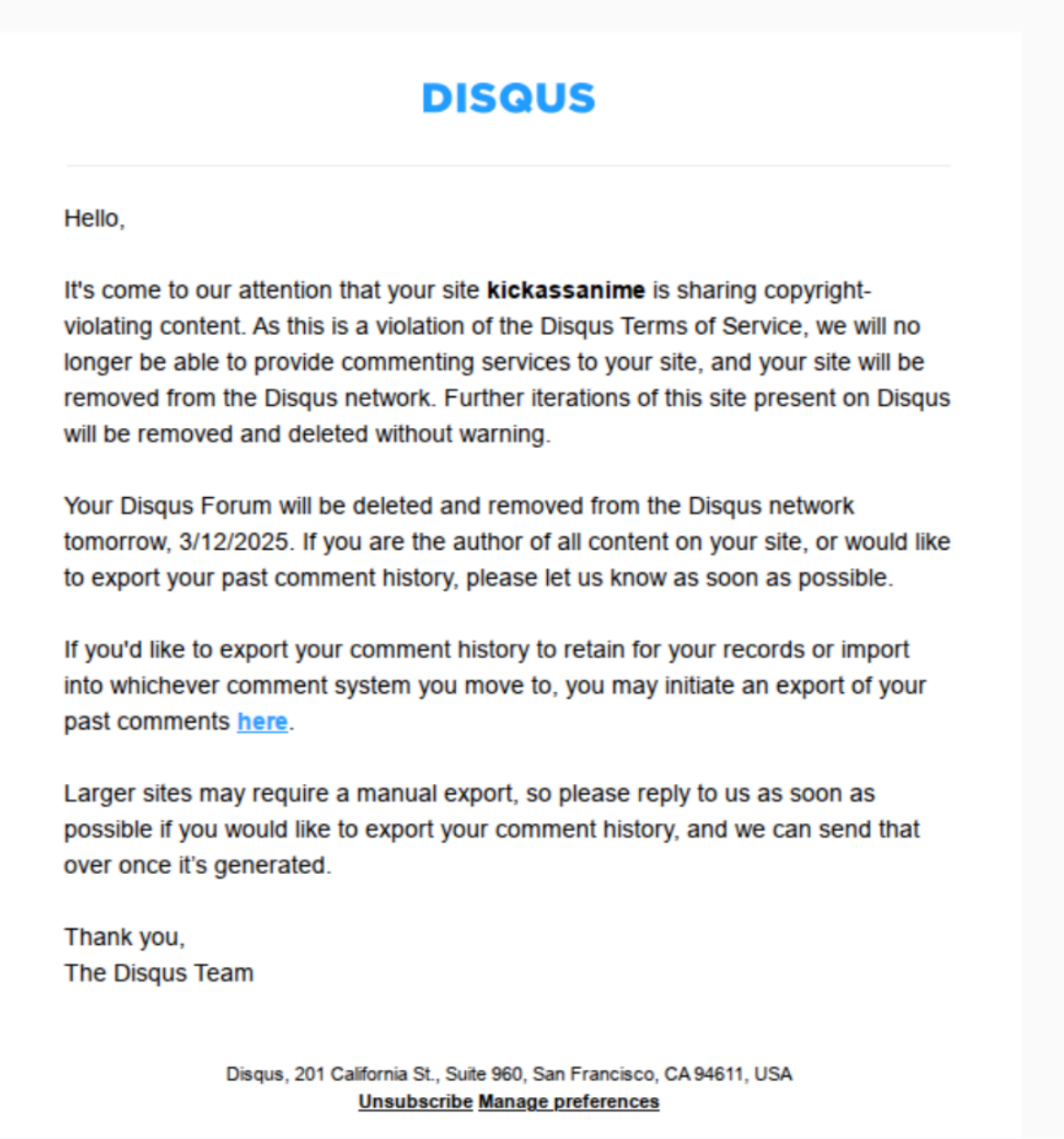
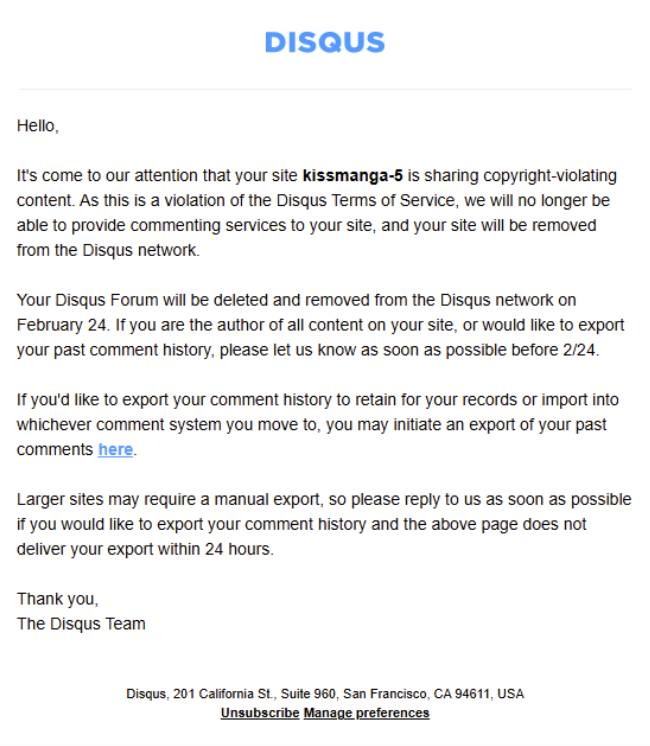
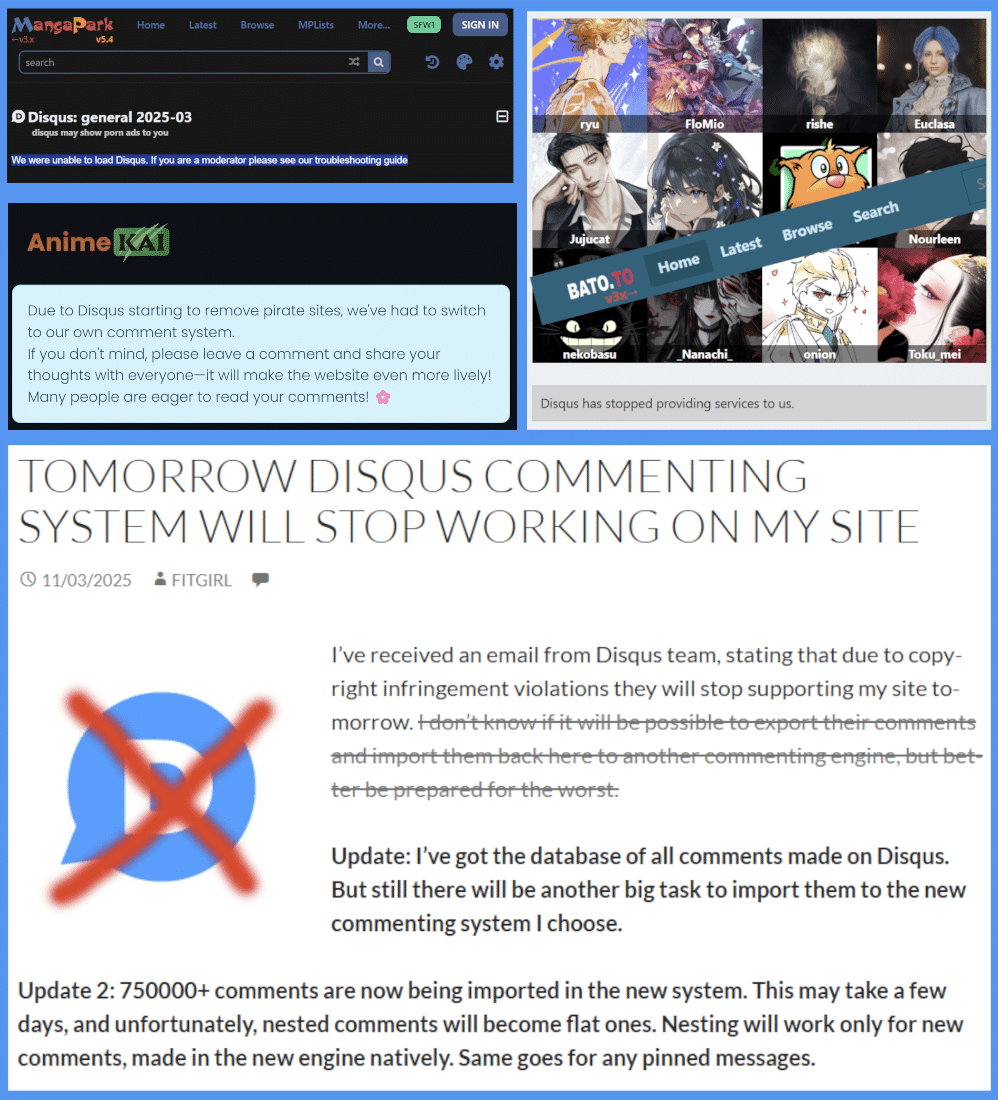


 In recent years, the European Commission has proposed and adopted various legislative changes to help combat online piracy.
In recent years, the European Commission has proposed and adopted various legislative changes to help combat online piracy.

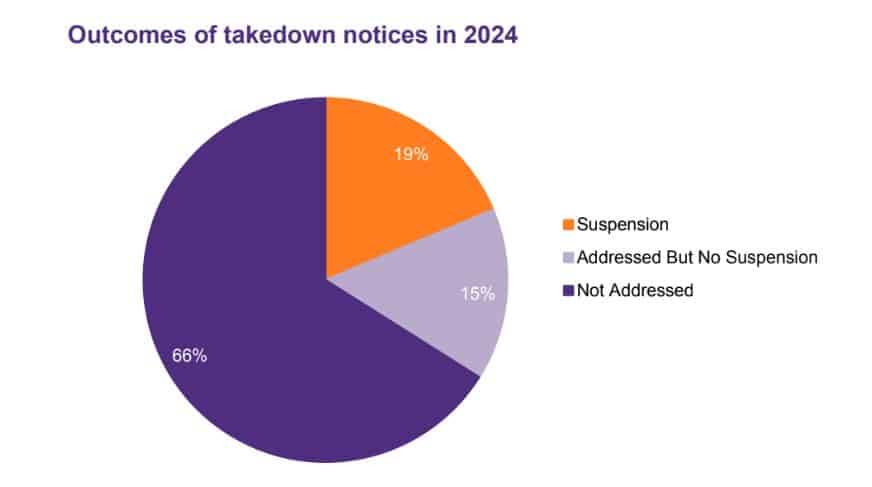
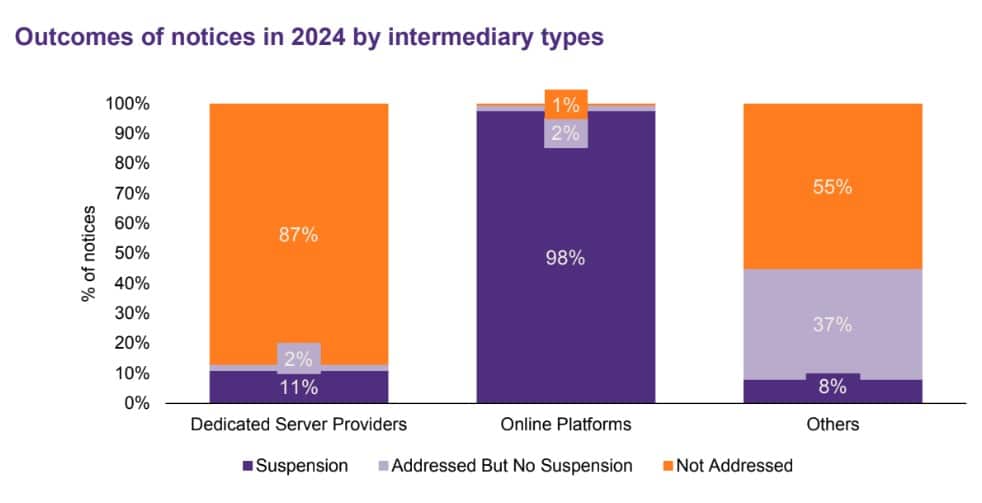
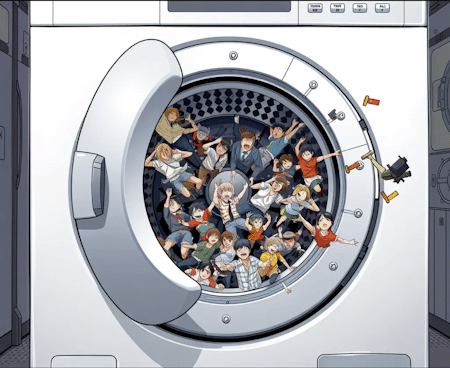 Tranco publishes an updated
Tranco publishes an updated